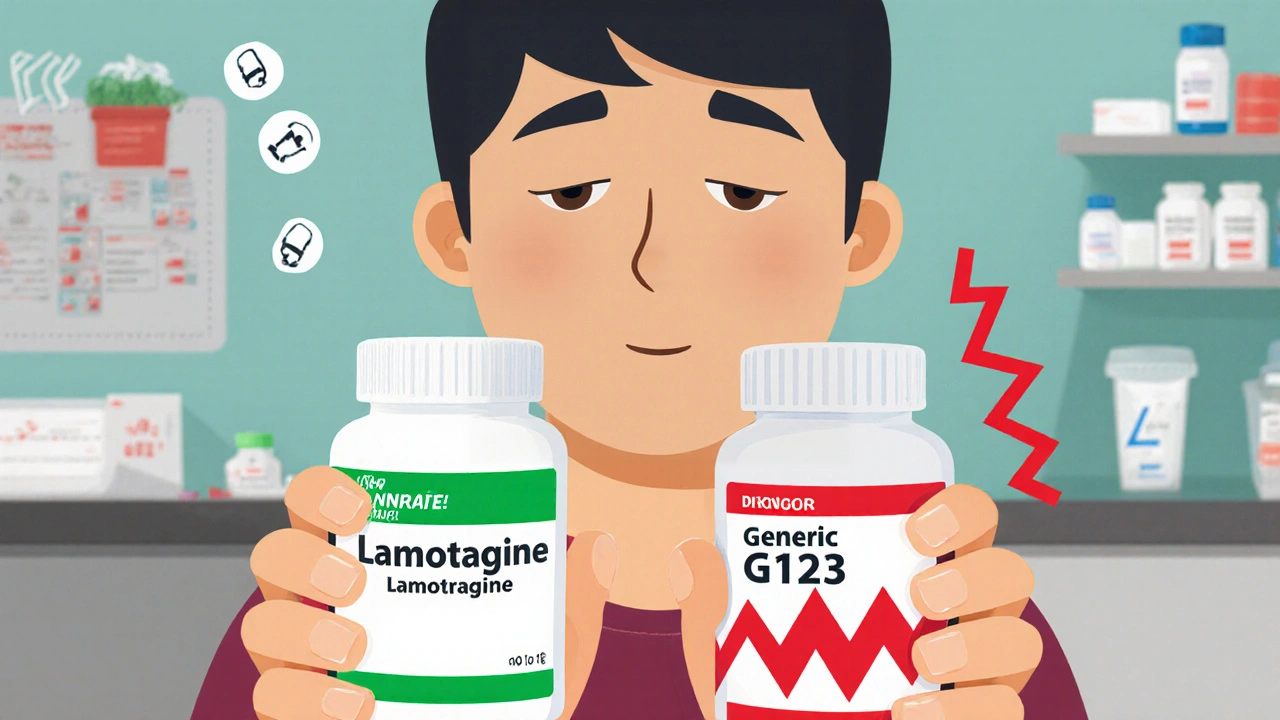Antiseizure Medications: What They Are, How They Work, and What You Need to Know
When someone has seizures, antiseizure medications, drugs designed to prevent or reduce abnormal electrical activity in the brain. Also known as antiepileptic drugs, they don’t cure epilepsy but help most people live without daily seizures. These aren’t just one type of pill—there are over 20 different ones, each with different ways of working, side effects, and risks. Some target sodium channels, others boost GABA or block calcium. The right one depends on the seizure type, age, other health issues, and even what other meds you’re taking.
That’s why medication interactions, when one drug changes how another works in your body matter so much. For example, hormone replacement therapy, used for menopause symptoms can lower levels of certain antiseizure drugs like lamotrigine, making seizures more likely. And just like grapefruit juice can mess with statins, some antiseizure meds react badly with other common pills—antibiotics, antidepressants, even herbal supplements. Then there’s the issue of narrow therapeutic index, when the difference between a helpful dose and a dangerous one is very small. Drugs like carbamazepine or phenytoin fall into this category. A tiny change in dose or even switching brands can cause side effects or breakthrough seizures. That’s why some states have special rules about generic substitutions for these meds.
Many people assume once you start an antiseizure drug, you’re stuck with it forever. But that’s not true. Doctors often try different ones to find the best balance—fewest side effects, best control. Some people outgrow their need for them. Others switch because of weight gain, brain fog, or liver stress. The posts below cover real cases: how antiseizure meds interact with diabetes drugs, how they affect bone health, why some cause skin reactions, and how to tell if a generic version is truly safe. You’ll find comparisons between common drugs, tips on spotting warning signs, and advice on what to ask your pharmacist. Whether you’re managing epilepsy, a one-time seizure, or helping someone who is, this collection gives you the facts—not hype, not guesswork—just what works and what to watch out for.
Generic antiseizure medications can save money, but for narrow therapeutic index drugs like lamotrigine and carbamazepine, even small changes in formulation can trigger seizures. Learn the risks, who's most vulnerable, and how to protect yourself.
Nov, 17 2025

